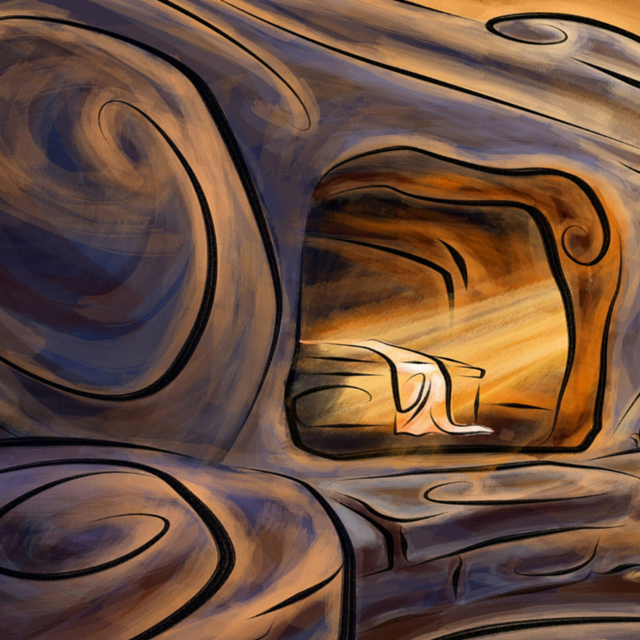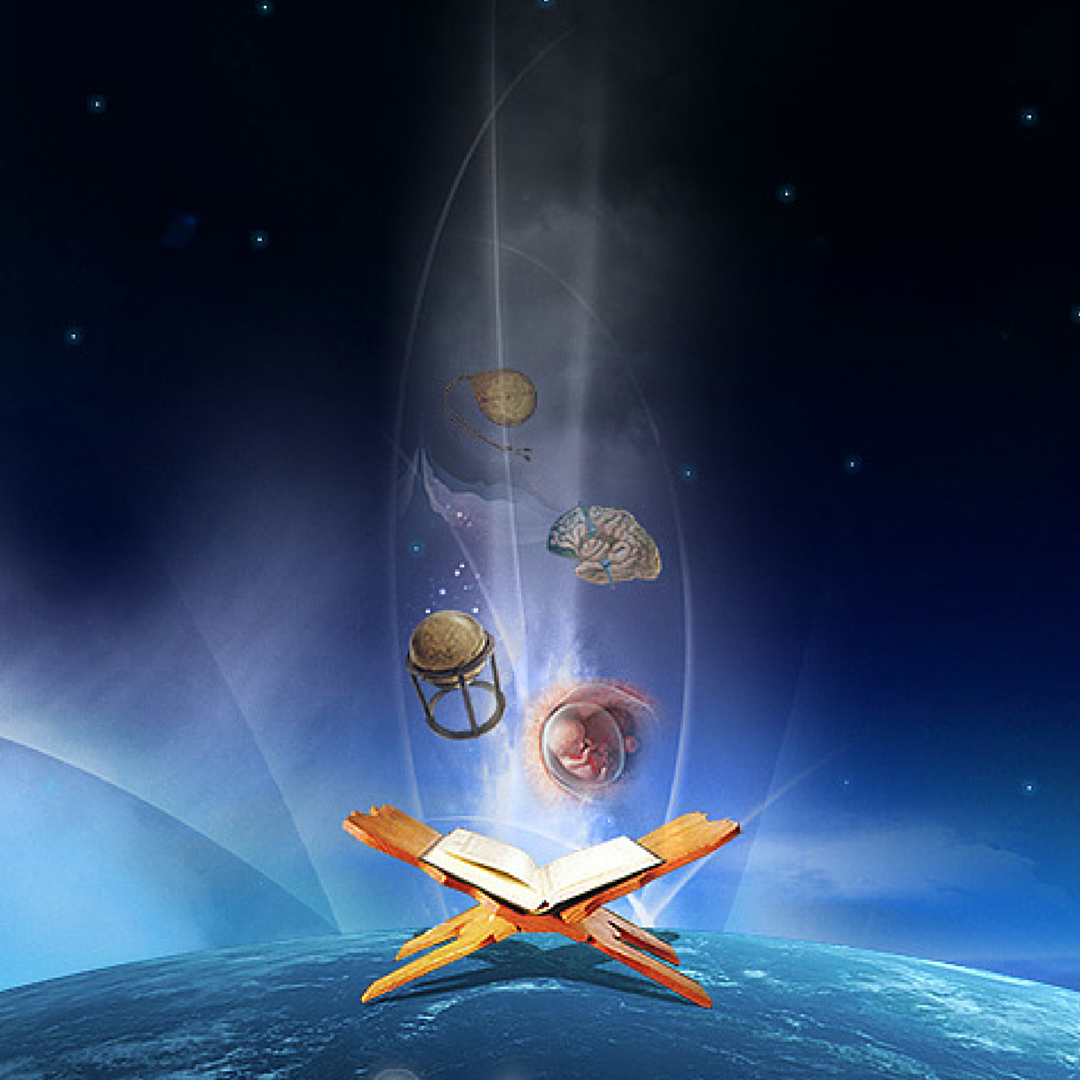THE CULTURE CHRONICLE for April
The following list of events is a representative sample lifted from recent headlines and compiled in this format to offer some perspective concerning the current trends in our culture. Items included were selected at my sole discretion. Jim Whiddon.
The number of chronic marijuana users increased 84% between 2000-2010 according to a Rand Corporation report commissioned by the White House. (CNSNEWS.Com)
Fusion Taps Ryan Nerz as TV’s First Chief Cannabis Correspondent (Variety)
Brendan Eich, co-founder of non-profit software company Mozilla, and inventor of JavaScript, was forced to resign as CEO after just two weeks on the job because he made a $1000 contribution to help pass Proposition 8 in 2008. Prop 8 banned same sex marriage in California, but was struck down last June. (Reuters)
New research shows the internet could be causing people to lose faith. In 1990, 8% of Americans claimed no religious affiliation. In 2010, that number rose to 18%. (Mail Online)
IRS agents testified before Congress that the agency’s political targeting did not apply to progressive groups as Democrats and the media have claimed, this according to a staff report prepared by the House Oversight Committee chairman, Rep. Darrell Issa. (The Daily Caller)
A Christian couple in Pakistan have become the latest to be sentenced to death for blasphemy, after they were accused of sending a text message deemed insulting to the Prophet Mohammed. (The Telegraph)
Brandeis University withdrew an honorary degree from Ayaan Hirsi Ali based on her criticism of the Islamic world from which she suffered and escaped. (The Weekly Standard)
The Muslim Brotherhood is launching a political party in America for the purpose of electing Muslims and influencing legislation that is favorable to Islam. The number of mosques in the United States has escalated 74 percent since 2000. The government of Turkey is building a $100 million mega mosque in Maryland. There are now 66 mosques in the Dallas-Ft. Worth area. (Denison Forum)
The American Humanist Association (AHA) has launched a new initiative aimed at kids. Their website, kidswithoutgod.com, is “a site for the millions of young people around the world who have embraced science, rejected superstition, and are dedicated to being Good Without A God!” The children’s section introduces us to “Darwin” the dog. (Denison Forum)
Washingtom, Iowa, a town of 7000, acquires armored vehicle used in Afghanistan for use by police department. Article cites “with the influx of military gear into local police forces, cops begin to view themselves as soldiers whose main job is combat rather than keeping the peace.” (The Daily Iowan)
Report: US internet ad revenue surpasses broadcast TV for the first time. (AP)
According to new regulations being instituted by the USDA, junk food (candy bars and sodas) is now totally forbidden in school vending machines, stores, and lunchrooms. The actual rules run a full 160 pages. (The Weekly Standard)
A Colorado company has introduced the first-ever marijuana vending machine, which will soon be put to use at a dispensary in Eagle-Vail, Colo. (UPI)
Western Washington University President Bruce Shepard apparently bases success on the color of the students skin and not the content of the curriculum as he asked at a recent convocation address, “How do we make sure that in future years ‘we are not as white as we are today?’” (Campus Reform)
Texas A&M announced it will hold a separate and special graduation ceremony for LGBT students. The “Lavender Graduation,” as it’s being called, will feature as its commencement speaker Phyllis Frye – the first transgender judge in the state and aTexas A&M graduate. (One News Now)
President Obama asks the first openly homosexual bishop of the Episcopal Church to lead the closing prayer at the White House Easter Prayer Breakfast. (Washington Times)
The Freedom From Religion Foundation has filed a complaint against Clemson University head football coach Dabo Swinney for promoting Christianity within his program. (NBC Sports)
The University of Colorado has had a 30% increase in student applications since the passage of Amendment 64 legalizing marijuana. (The College Fix)
Burger restaurant in Seattle sends out ad for Easter showing a cartoon Jesus eating one of their burgers while smoking a marijuana cigarette. (CBS)
A $500,000 study paid for by the federal government in the peer-reviewed journal Nature Climate Change concludes that biofuels made with corn residue release 7 percent more greenhouse gases in the early years compared with conventional gasoline. (AP)
The IRS has revoked the tax-exempt status of a conservative charity, The Patrick Henry Center for Individual Liberty, for making statements critical of Hillary Rodham Clinton and John Kerry in a column published ten years ago – on April 2, 2004. (USA Today)
Two fourth-graders at a Greeley, Colorado elementary school were busted for selling marijuana at school. (ABC News)
The California Supreme Court is working to ban individuals from serving as judges if they are affiliated with the Boy Scouts of America because of the Scouts’ policy of prohibiting homosexual troop leaders. (The New American)
PETA (People for the Ethical Treatment of Animals) shames First Lady Michelle Obama for using real eggs in the annual White House Easter egg roll. (Fox News)
President Obama has decided to consider wholesale clemency to as many as 200,000 inmates currently incarcerated for drug law offenses. (Fox News)
“FOR THE RIGHTEOUS WILL NEVER BE MOVED;
HE WILL BE REMEMBERED FOREVER.
HE IS NOT AFRID OF BAD NEWS;
HIS HEART IS FIRM, TRUSTING IN THE LORD.
HIS HEART IS STEADY; HE WILL NOT BE AFRAID,
UNTIL HE LOOKS IN TRIUMPH ON HIS ADVERSARIES.”
— Psalms 112:6-8









